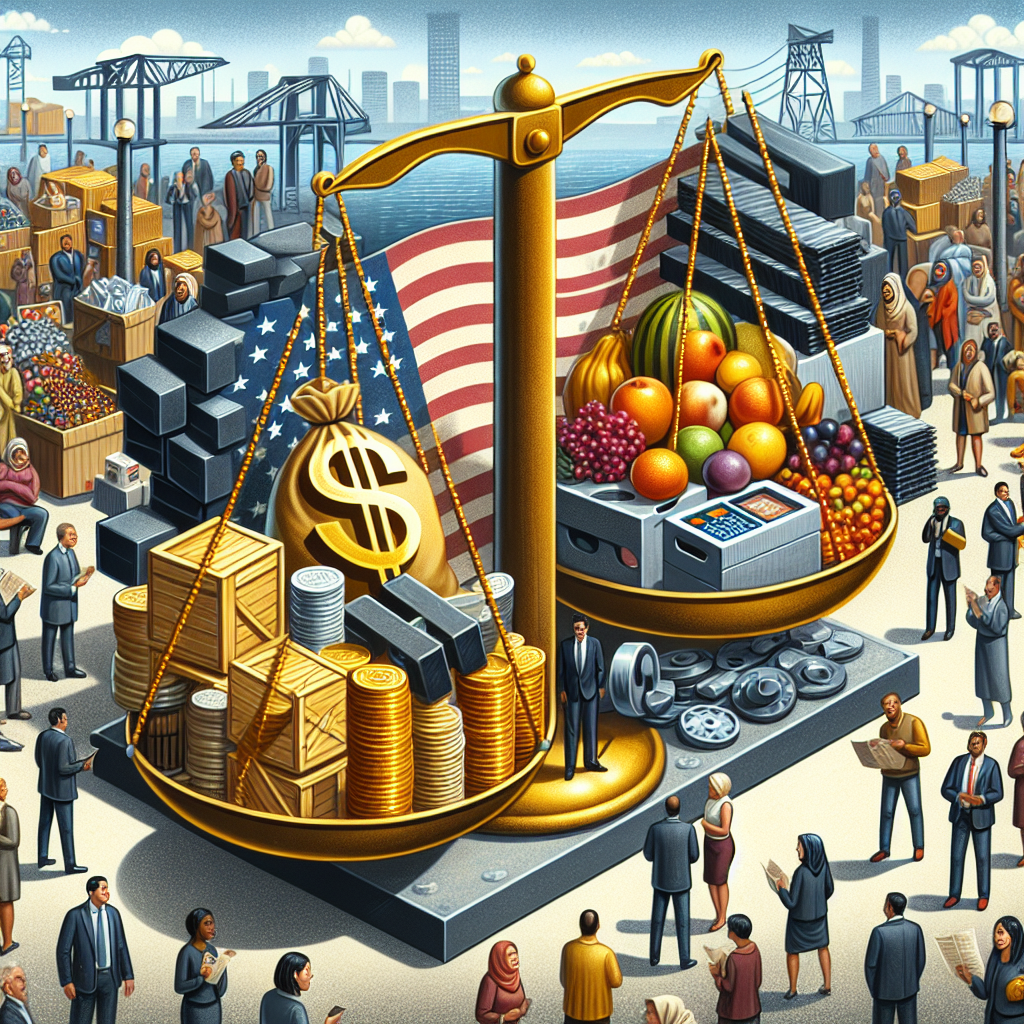Global Tariff Tensions Shake London Market
London shares tumbled following President Trump's proclamation of aggressive tariffs, stirring fears of a global recession. Britain's approach was partially vindicated by receiving a lower tariff rate, yet sectors like automotive and banking face challenges. Investors anticipate a Bank of England rate cut, while utilities and real estate sectors show resilience.

The London stock market experienced a downturn on Thursday as international investors retreated from high-risk assets. The shift follows U.S. President Donald Trump's bold introduction of significant reciprocal tariffs, heightening global recession anxieties. London's FTSE 100 dipped by 1.4% at 1027 GMT, with the FTSE 250 also falling by 1.3%.
Trump's tariff strategy, combining a 10% base levy with heightened duties for various trading partners, marks a departure from longstanding trade liberalization. While the UK's tariff rate was set at 10%, mitigating more severe impacts, it underscores broader risks to global trade, notably affecting Britain's automotive sector.
Investors showed heightened expectations for a Bank of England interest rate reduction, observed in a significant drop in government bond yields. Meanwhile, UK's utilities sector saw a five-month high, as stocks like Severn Trent rose by 3%, contrasting with a decline in banking shares amid economic growth concerns tied to the U.S. tariff changes.
(With inputs from agencies.)










